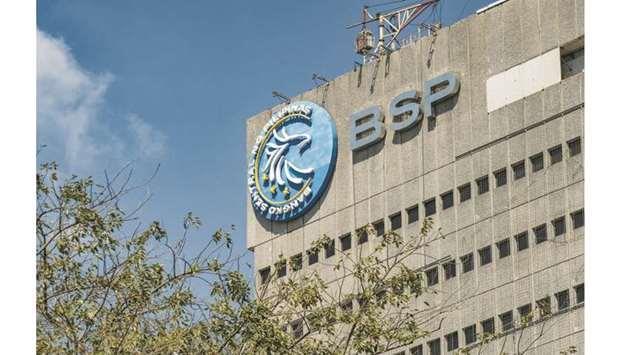
Foreign banks invited to open Islamic branches in the Philippines
(MENAFN- Gulf Times) With the approval of a new Islamic banking law in the Philippines by the country's central bank last December, doors are now open for both domestic and foreign banks to open a Islamic banking window or to establish a subsidiary Islamic bank in the country with millions of under- or unbanked Muslims, especially in the southern region of Mindanao.
'The Bangko Sentral ng Pilipinas aims to create an enabling environment that will allow Islamic banks to operate alongside conventional banks under the same regulatory and supervisory approach, taking into consideration the unique features of the Islamic banking operations, the central bank said in a statement.
Economists and lawmakers praised the decision, saying that the law will lead to a 'finance and banking surge in undersupplied Mindanao this 2020 and 'unlock the full potential of Islamic financing in fostering inclusive economic growth.
The entry of a new bank with Islamic banking services, however, remains subject to the approval of the central bank's monetary board. In the absence of a central regulatory entity on Shariah-compliance in the Philippines, the law further states that it is the responsibility of an Islamic bank, or window, to ensure its compliance with Shariah principles. Like in other Muslim nations without a central regulatory Shariah board, Islamic banks in the Philippines will have to constitute their own Shariah advisory council comprising persons 'who are qualified and have knowledge or experience in Shariah and in banking, finance, law or other related disciplines.
The new Islamic banking law in the Philippines, signed by President Rodrigo Duterte on August 22, 2019, ends a decade-long hiatus of Islamic banking and finance in the Philippines, an industry which had not many chances to develop due to the absence of clear regulatory and legal conditions and the absence of particular financial literacy.
In fact, the Philippines was an early adopter of Islamic banking with the launch of Philippine Amanah Bank, established by then-president Ferdinand Marcos in 1973 in Zamboanga City in Mindanao as one of the world's first Islamic banks. However, the bank never made a breakthrough and today, under the name of Al-Amanah Islamic Investment Bank of the Philippines and as a subsidiary of state-owned Development Bank of the Philippines, it operates just nine branches in the Muslim south with a limited scope of banking and investment products and services.
This clearly highlights the opportunities for aspiring new players in Islamic banking and finance in the Philippines, a country with a customer potential of close to 11mn Muslims in the south, many of which are excluded from or undersupplied by the financial system.
'Foreign and local investors eyeing new investments in Islamic banking and finance now have the go-signal to move forward with their plans for the Philippines, especially Mindanao and cities where there are concentrations of Filipino Muslims and Muslim expatriates, Mindanao lawmaker Lawrence Fortun said, praising the central bank as being 'swift and wise to eventually have approved the new Islamic banking legislation.
Under the law, Islamic banks in the Philippines can offer current accounts, savings accounts, investment accounts and foreign currency deposits, among other financial products. They can also issue Shariah-compliant funding instruments, including sukuk, upon approval by the central bank's monetary board.
According to Philippine central bank deputy governor of the financial supervision sector, Chuchi Fonacier, several domestic banks are now considering setting up their own Islamic banking windows, while one foreign bank has already signalised interest in applying for an Islamic banking license, but she did not specify on the latter. Insiders are betting on a larger Malaysian Islamic bank, while expansive Middle Eastern Islamic banks may follow at a later point of time.

Legal Disclaimer:
MENAFN provides the
information “as is” without warranty of any kind. We do not accept
any responsibility or liability for the accuracy, content, images,
videos, licenses, completeness, legality, or reliability of the information
contained in this article. If you have any complaints or copyright
issues related to this article, kindly contact the provider above.
















Comments
No comment